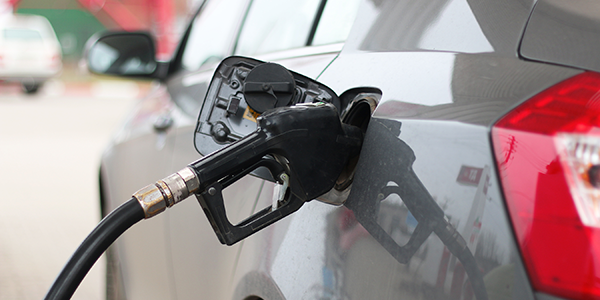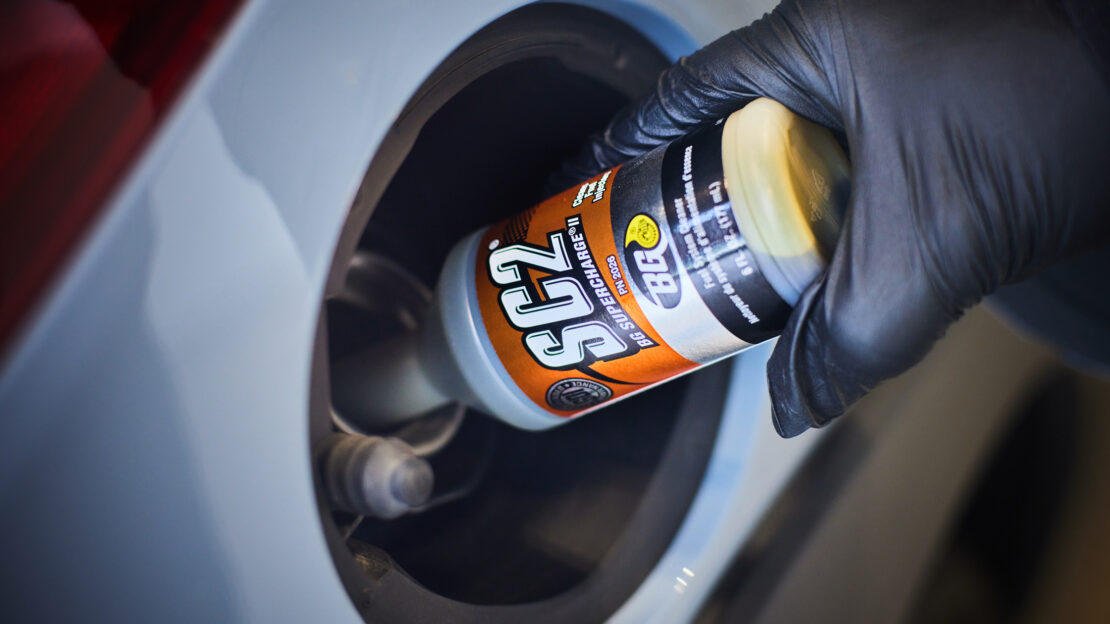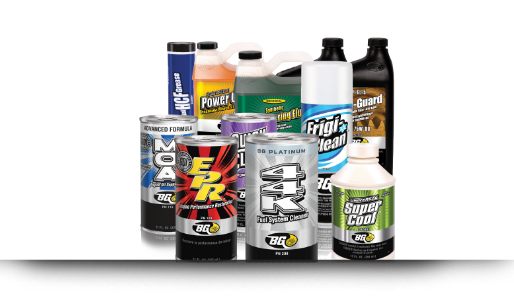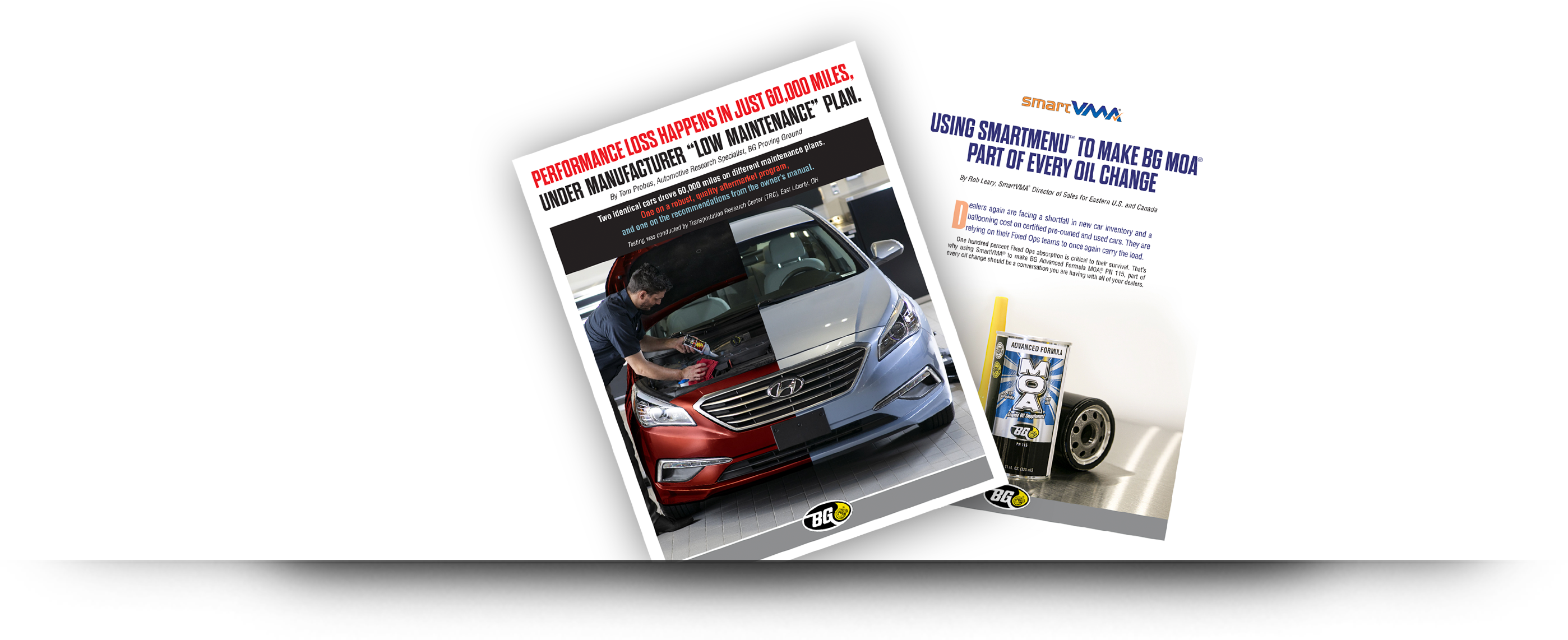
Ethanol creates hard deposits
Ethanol holds water
Ethanol is acidic
Ethanol is OK with the EPA
BG defends against ethanol
The new BG Ethanol Fuel System Defender Kit includes a cleaner: BG Fuel System Defender, PN 213, and a drier: BG Fuel System Drier, PN 280.
Gasoline Fuel System Service is formulated to inhibit the free radical oxidation mechanism, which causes ethanol-containing gasoline to degrade. Add to the fuel tank each oil change to keep intake manifolds, intake ports, intake valves and combustion chambers clean and free of damaging deposits typically caused by ethanol-containing gasoline. BG Ethanol Fuel System Defender is an excellent fuel stabilizer and corrosion inhibitor!
Ethanol-containing gasoline is highly susceptible to water accumulation which can cause corrosion on fuel system components. BG Ethanol Fuel System Drier forms a stable solution with water and gasoline allowing more water to pass harmlessly through the fuel system, without affecting the combustion process.


Added at each oil change, the BG Gasoline Fuel System Service will defend fuel systems and engines from the destructive effects of ethanol, particularly E10 and E15. But for corrosion protection, added to the fuel tank at each fill-up, BG Supercharge II, PN 202 will restrict fuel oxidation, gum and varnish formation typically caused by ethanol-containing gasoline. BG Ethanol Corrosion Preventer also protects the fuel system by neutralizing acids in the fuel and by protecting metal components with corrosion inhibitors. It will keep the entire fuel system clean and restore power and fuel efficiency.






